This month marks the 51st anniversary of the Voting Rights Act being signed into law on August 6, 1965. In this article, “The Voting Rights Act: Ten Things You Should Know,” Emilye Crosby and Judy Richardson, write:
The Voting Rights Act (VRA) was a victory for the Civil Rights Movement, southern African Americans, and American democracy. It outlawed strategies that had been used by white supremacists to disenfranchise Black citizens and included provisions to facilitate the registration of new voters. Together with the Civil Rights Act of 1964, the Voting Rights Act ended most legal forms of white supremacy. Although this was important, it did not end all forms of racial discrimination, many of which were—and are—embedded in the structures of our society.
Most textbooks approach this history through a top-down lens that gives President Lyndon Johnson, along with Dr. Martin Luther King Jr., most of the credit for this important legislation. Both men did play a key role. But the Voting Rights Act came into being through intensive organizing and activism spearheaded by the Black community, including people often marginalized and not seen as central to our society.

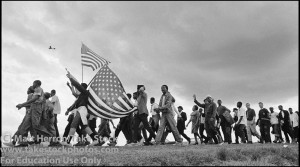
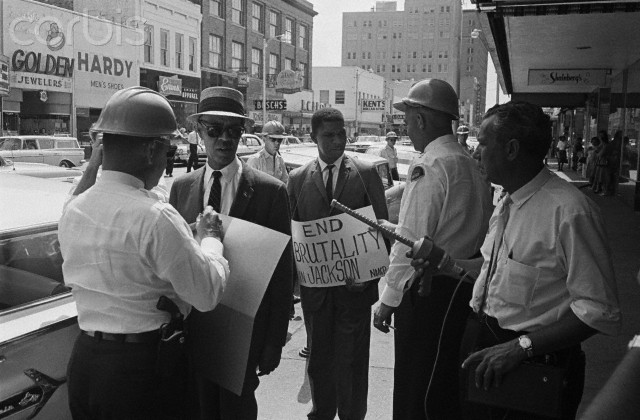
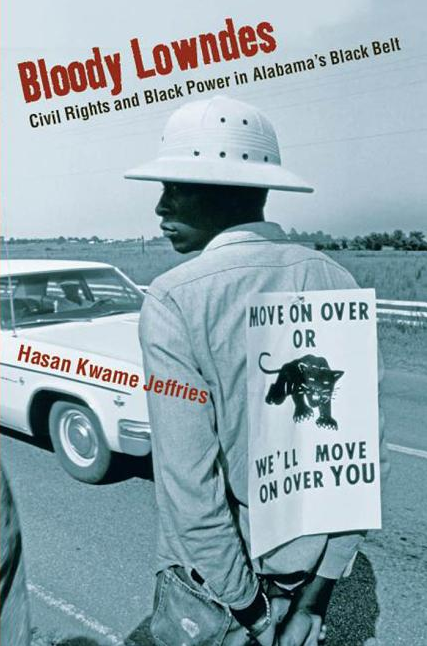
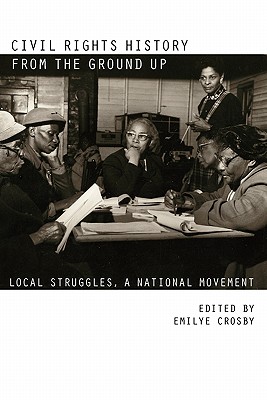
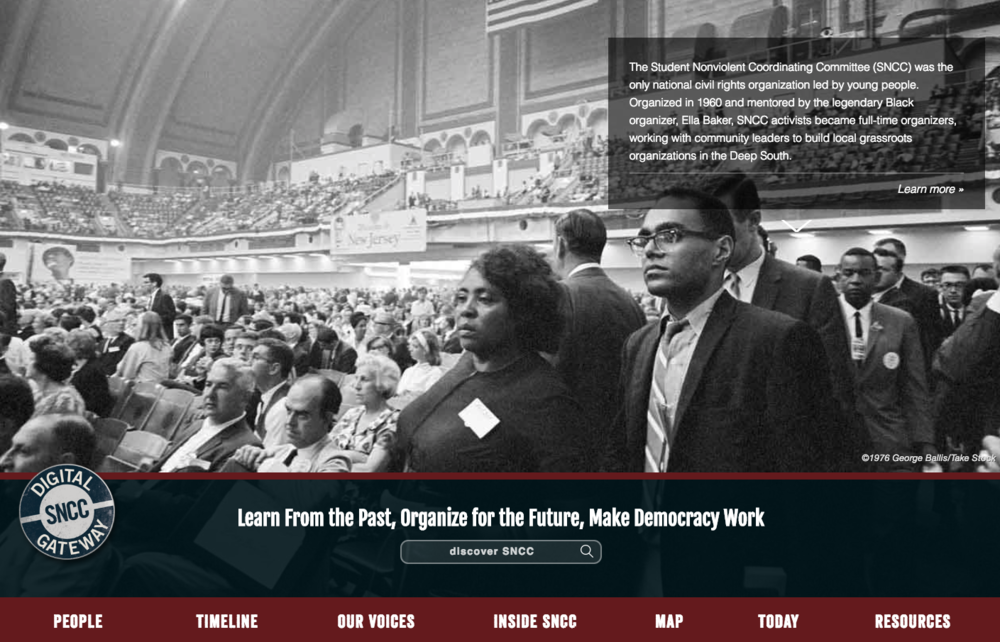
Twitter
Google plus
LinkedIn